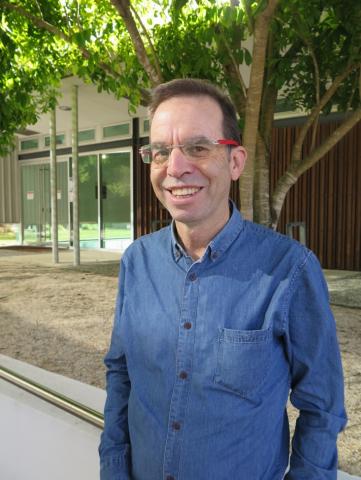
The increased infrastructure investment in the State and Gold Coast City budgets is welcome and much needed, but recent population projections show we need to move fast if we are to avoid missing the boat – or bus, or train – on transport.
The latest population figures show that the Gold Coast will get close to one million people in the next 20 years with people from the southern states seeking warmer climes and more affordable living.
The State Government and Gold Coast City Council budgets handed down this week both promised to keep key transport projects like the light rail Stage 3 and the Coomera Connector on track in the face of rising construction costs and labour shortages.
Further funding for the new hospital at Coomera, upgrades to the Pacific Motorway and the Gold Coast and Logan faster rail all form part of the State Government’s $89 billion ‘Big Build’ investment.
It’s just a shame that the planned new train stations at Pimpama, Hope Island and Merrimac are about 15 years too late and have not been coordinated with the (sub)urban development in those areas. The mid-1990s vision for a liveable, transit-oriented, Coomera and Pimpama – a vision at that time adopted by Gold Coast City, the State Government, key landowners, developers and community members – is now lost in the exhaust fumes of an unnecessarily overloaded M1.
And have we really missed the opportunity to deliver high speed rail between the Gold Coast, Brisbane and the Sunshine Coast in time for the Olympics? It is not too late to consider using the State’s royalties windfall towards this larger legacy that would be a first step in the elusive high-speed rail linkage between Brisbane, Sydney, Canberra and Melbourne.
I’m still confident that with careful planning and co-ordination we can meet the challenges our fast-growing population will bring over the coming decades. We can’t afford to avoid this long-term thinking and investment if we want Australia’s third-largest city region (SEQ) to avoid following the catch-up pattern we see in Greater Sydney and Melbourne.
The location of key infrastructure like hospitals and transport will be critical. One of the problems we currently face is that many people still need to drive to the nearest train station.
Once they get in their cars, many simply decide it’s easier just to drive the rest of the way. And the buses designed to get them to the station get caught in the traffic caused by all the cars.
If we can give people access to fast, reliable transport options within walking distance it will go a long way to reducing the traffic snarls that plague the Gold Coast every day.
A hospital at Coomera will be a boon for the Gold Coast’s fast-growing northern suburbs, but unless it is co-located with a transport hub, we’ll be missing out on a vital opportunity to keep people out of their cars.
And while the Faster Rail project is a good start, it will really only shave around 10 minutes off a long and crowded trip that many make daily. It may be too late to have high-speed rail in place before the 2032 Olympics, but this is a project worth pursuing as part of a plan to deliver high speed connections between Australia’s major capitals and regional cities.
Dr Daniel O’Hare is an Associate Professor of Urban Planning in the Faculty of Society and Design